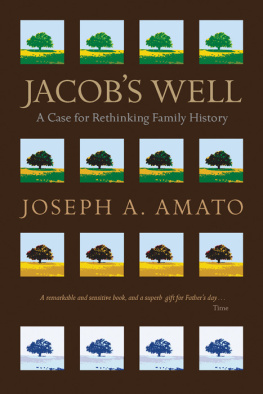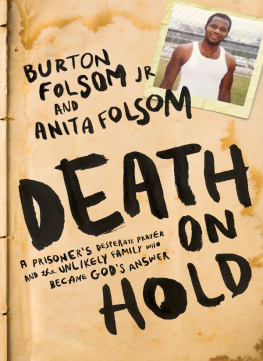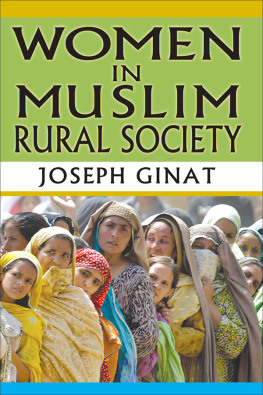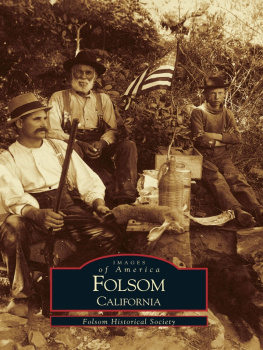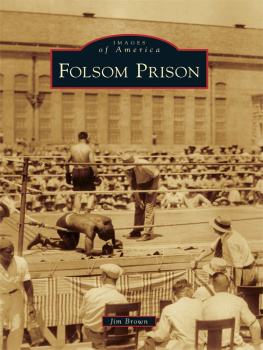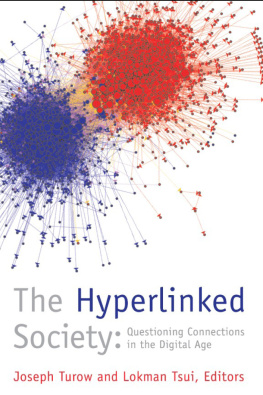Joseph K. Folsom - The Family and Democractic Society
Here you can read online Joseph K. Folsom - The Family and Democractic Society full text of the book (entire story) in english for free. Download pdf and epub, get meaning, cover and reviews about this ebook. year: 2013, publisher: Routledge, genre: Children. Description of the work, (preface) as well as reviews are available. Best literature library LitArk.com created for fans of good reading and offers a wide selection of genres:
Romance novel
Science fiction
Adventure
Detective
Science
History
Home and family
Prose
Art
Politics
Computer
Non-fiction
Religion
Business
Children
Humor
Choose a favorite category and find really read worthwhile books. Enjoy immersion in the world of imagination, feel the emotions of the characters or learn something new for yourself, make an fascinating discovery.

- Book:The Family and Democractic Society
- Author:
- Publisher:Routledge
- Genre:
- Year:2013
- Rating:3 / 5
- Favourites:Add to favourites
- Your mark:
- 60
- 1
- 2
- 3
- 4
- 5
The Family and Democractic Society: summary, description and annotation
We offer to read an annotation, description, summary or preface (depends on what the author of the book "The Family and Democractic Society" wrote himself). If you haven't found the necessary information about the book — write in the comments, we will try to find it.
The Family and Democractic Society — read online for free the complete book (whole text) full work
Below is the text of the book, divided by pages. System saving the place of the last page read, allows you to conveniently read the book "The Family and Democractic Society" online for free, without having to search again every time where you left off. Put a bookmark, and you can go to the page where you finished reading at any time.
Font size:
Interval:
Bookmark:

In 15 Volumes
| I | Adopted Children | McWhinnie |
| II | Britain's Married Women Work is | Klein |
| III | Families and their Relatives | Firth et al |
| IV | The Family and Democrauc Society | Folsom |
| V | The Family and Social Change | Rosser et al |
| VI | The Family Herds | Gulliver |
| VII | Family Socialization and Interaction Process | Parsons et al |
| VIII | Foster Care | George |
| IX | From Generation to Generation | Eisenstadt |
| X | The Golden Wing | Yueh-Hwa |
| XI | In Place of Parents | Trasler |
| XII | In Retirement | Bracey |
| XIII | Middle Class Families | Bell |
| XIV | Nation and Family | Myrdal |
| XV | Women's Two Roles | Myrdal et al |
JOSEPH KIRK FOLSOM
MARION BASSETT

Routledge
Routledge
2 Park Square, Milton Park, Abingdon, Oxon, OX14 4RN
ISBN 0-415-17644-1
The Sociology of Gender and the Family: 15 Volumes
ISBN 0-415-17827-4
The International Library of Sociology: 274 Volumes
ISBN 0-415-17838-X
The publisher has gone to great lengths to ensure the quality of this
reprint but points out that some imperfections in the original
may be apparent
Font size:
Interval:
Bookmark:
Similar books «The Family and Democractic Society»
Look at similar books to The Family and Democractic Society. We have selected literature similar in name and meaning in the hope of providing readers with more options to find new, interesting, not yet read works.
Discussion, reviews of the book The Family and Democractic Society and just readers' own opinions. Leave your comments, write what you think about the work, its meaning or the main characters. Specify what exactly you liked and what you didn't like, and why you think so.



